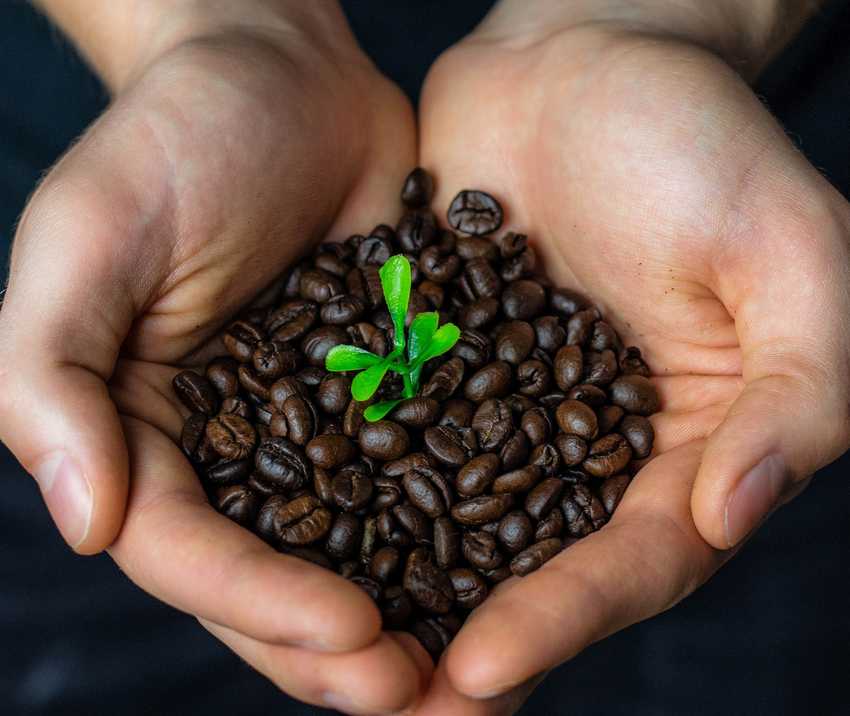
Photo by Niclas Illg on Unsplash
So you want to shop “ethically”. You’re on the hunt for items that are slave and child labour free, environmentally friendly, and if you can, locally made. You commit to putting your consumer spending power to good use, supporting companies doing the right thing and boycotting everything else… but what if you just can’t find products that tick all the boxes?
Sound familiar?
Our focus within the ethical buying criteria
Here at Just Kai, intersectionality is something that comes up a lot.
Like many of you, we’re personally conscious of and care about several things – the environment, homelessness, education, and poverty (to name a few!) There are many important causes out there for sure. But to gain momentum, it helps to pick a focus.
To borrow an idea from the team at 80,00 Hours, one way to make a difference is to work on a big problem that is often neglected. Our founder, Heather, realised there is a lot of advice online about sustainability and which products don’t abuse the earth. But it’s much harder to find information on which products don’t abuse the human rights of those who produced them.
Now food is something we all need, and with labour abuses often buried deep in the supply chain, it’s a big problem that doesn’t always get a lot of attention. So at Just Kai, we focus on identifying food with supply chains free from slave and child labour.
What about food with multiple ingredients?
We research food containing cocoa, sugar, and fish, as these are the ingredients at highest risk for slavery. Once we find a product using a supply chain we’re confident is slave-free, it goes on our list of recommendations. This is simple for single-ingredient products (like a bag of plain sugar), but products with multiple ingredients do present another intersectional challenge.
We don’t research all the ingredients (we’re a small team), and it’s possible for a product to only be partly slave-free. When we recommend a product, generally, we are only confident that one ingredient is slave-free.¹ That is, either the cocoa, sugar, or fish within it.
So that is one limitation to our recommendations. However, we think knowing whether one of the highest-risk ingredients is slave-free, is better than nothing.
How do products end up with slave-free ingredients?
Some companies may happen to use a slave-free ingredient simply because they manufacture in a country with strong labour laws. For example, some companies using Australian sugar might simply have chosen it because they manufacture in Australia, so it’s convenient. It can be a mixed bag as to whether these companies intended to be slave-free, or use that supply chain for a different reason.
On the other hand… some companies may purposely use a certified slave-free ingredient, because they’re working towards ethical production goals. For example, some companies using Bonsucro or Fairtrade certified sugar will have chosen those to ensure human rights are upheld. The company could also be conscious of risks for their other ingredients, and be working to address potential concerns in those supply chains as well.
During our research, we’ve found companies are on a broad spectrum. Some appear to be unaware of slavery risks in their supply chains, while some are taking action to ensure human rights are upheld every step of the way. Companies are much like us, individuals consumers, in that aspect – all at various points along the journey to becoming more “ethical”.
The challenge with shopping ethically – and how Just Kai can help…
For now, dealing with intersectionality as consumers is a balancing act. When we can’t find a product that ticks all the boxes, we’re faced with weighing up the options. Which cause do we care most about? Which product will have the greatest positive impact if supported? Maybe it’s a trade-off between money, time, accessibility, or personal preference for flavours and taste.
At Just Kai, we don’t have all the answers, but we aim to help you at least tick one box in your buying criteria. Each of our readers will have a different mix of issues they care about, so we try to provide as complete a list of slave-free products as we can. That way, there’s more chance you’ll find options that tick multiple boxes in your personal checklist.
One approach you may find helpful is to use our recommendations alongside other resources, and see what appears in both lists. For example, if you also care about sustainability you could refer to our fish recommendations alongside Forest and Bird’s Best Fish Guide, or alongside a list of palm oil free products if you’re passionate about conservation.²
Although it can be difficult to find products that meet every criteria, we’ve found there are companies working on lifting their practices to be “ethical” in every sense, and that’s very encouraging to see. Hopefully it will become increasingly common for multiple issues to be addressed.
Let’s keep on the journey together, supporting one another as we make changes bit by bit. It can be frustrating and feel like progress is slow… But if we keep going and don’t lose sight of why we do this, perhaps one day human rights will be upheld in every supply chain, sustainability will factor into production decisions automatically, and fully ethical options will be the standard by default.
Notes
- The exception is FAIRTRADE products with the original black logo, as that means all the high-risk ingredients are certified slave-free (note products with the white logo are only certified in one ingredient). Source: The FAIRTRADE Marks
- A reader recently alerted us to forced labour being a significant issue on palm oil plantations too (in addition to the conservation concerns). We’ve added this to our list of food categories we’d like to research in future.